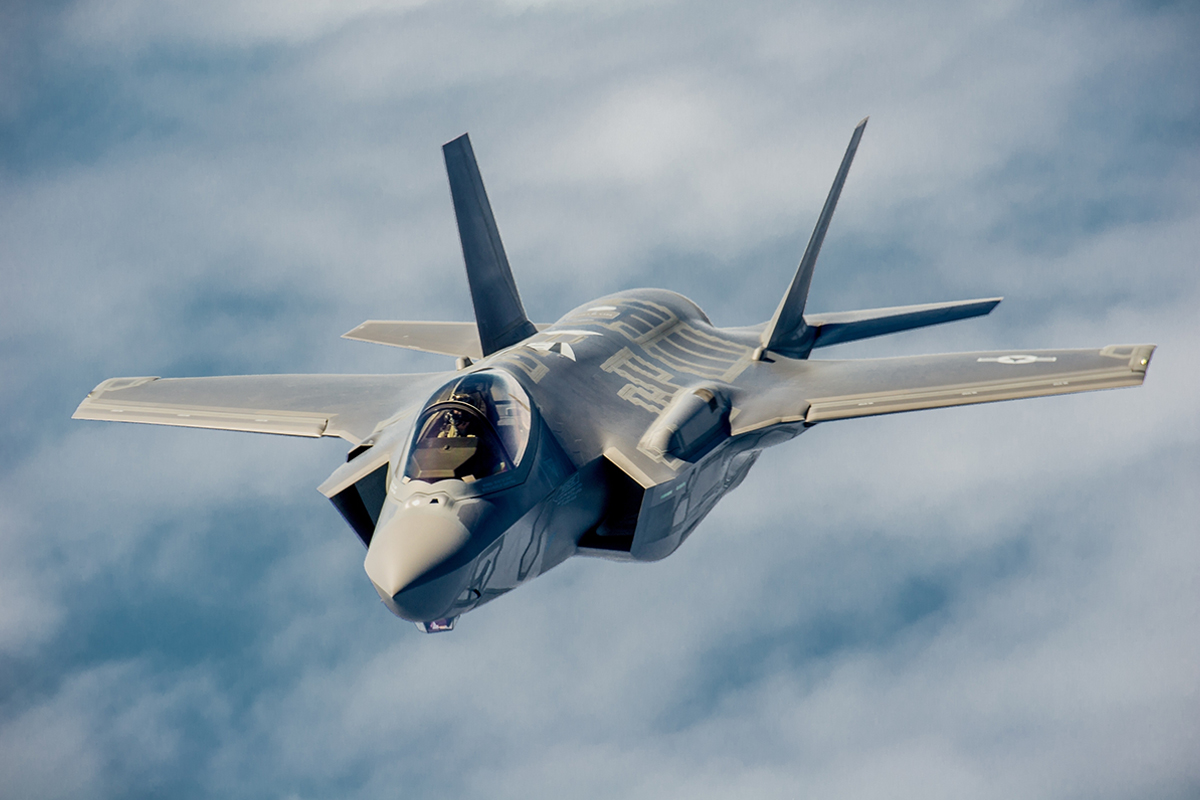The Czech Republic significantly strengthened its air defence capabilities as its government approved the Defense Ministry’s proposal to buy two dozen F-35 fighter jets from the U.S., a deal valued at approximately 150 billion Czech korun ($6.5 billion).
Stressing the importance of the acquisition, Prime Minister Petr Fiala remarked that these F-35s would be instrumental in shaping the future of their tactical air forces for many decades. He emphasized that this acquisition underscores the Czech Republic’s commitment to its defence, assuring allies of the nation’s dedication and reliability.
According to Fiala, the first jet from this purchase is expected to arrive in 2031, with all 24 in place by 2035. These American-made aircraft are set to replace the existing fleet of 14 JAS-39 Gripen jets, hailing from Sweden, currently in service with the Czech military.
The bulk of the funds, close to $5 billion, will go to the U.S., covering costs related to the jets, pilot training, ammunition, and other related expenses, as informed by Defense Minister Jana Cernochova. The rest is allocated towards enhancing the infrastructure of the Caslav Air Force base located in the heart of the Czech Republic, as well as fuel and staff training.
Highlighting the strategic importance of these jets, Lt. Gen. Karel Rehka, the chief of the general staff, stated that the F-35s would bolster the nation’s defence capabilities, ensuring they can effectively counter threats in collaboration with their allies.
This U.S. deal comes after approximately a year of negotiations, set against Russia’s aggressive invasion of Ukraine. Furthermore, it aligns with the Czech government’s recent military modernization efforts, which saw them deciding in May to procure 246 CV90 armoured combat vehicles from Sweden amidst the ongoing Russian conflict.
In the evolving landscape of European security dynamics, the Czech Republic’s decision to invest in F-35s from the U.S., coupled with its earlier military modernization efforts, underscores the nation’s commitment to fortifying its defences. As global geopolitical tensions rise, particularly in Eastern Europe, such steps enhance national security and send a resonant message about the country’s dedication to ensuring peace and stability in the region.







